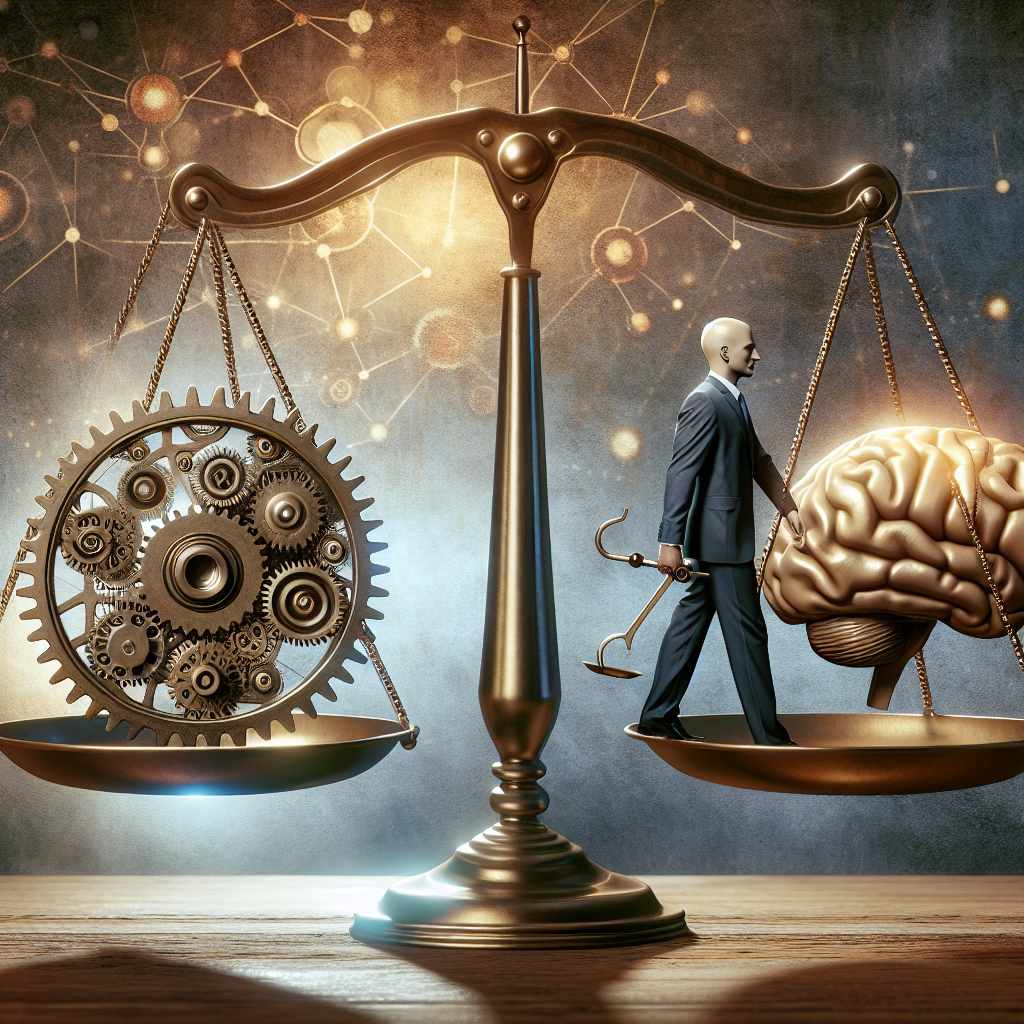Artificial Intelligence (AI) is rapidly advancing, permeating various aspects of our daily lives. As these intelligent systems become more integrated into society, it is crucial to examine the ethical implications of their development and use. The discussion surrounding the ethics of AI encompasses several key issues, ranging from data privacy and bias to accountability and the potential for autonomous weaponry.
Understanding the Scope of AI Ethics
The field of AI ethics is vast, involving many stakeholders, including developers, policymakers, and end-users. This breadth necessitates a comprehensive approach to address the moral concerns effectively.
Data Privacy and Security
One of the most pressing ethical issues in AI is data privacy. AI systems often require massive amounts of personal data to function correctly. Ensuring that this data is collected, stored, and used responsibly is critical. Unauthorized access and misuse of sensitive information can lead to significant privacy violations.
Bias and Fairness
Bias in AI algorithms is another significant ethical concern. AI systems can inadvertently perpetuate and even amplify existing societal biases. Ensuring fairness and equity in AI deployment involves meticulously vetting data sets and algorithms to minimize discriminatory outcomes.
Frameworks for Ethical AI Development
Several frameworks and guidelines have been proposed to foster ethical AI development and usage. These include establishing accountability measures, promoting transparency, and adhering to legal and regulatory standards.
Accountability
Assigning clear accountability for AI decisions is vital. Developers and companies must be held responsible for the actions and consequences of their AI systems. This responsibility extends to debugging and addressing any unintended harmful effects.
Transparency
Transparency in AI processes is essential for trust. Clear documentation and explanation of how AI systems function, make decisions, and use data help build public confidence and allow for better oversight and governance.
Legal and Regulatory Standards
Adhering to established legal and regulatory standards is crucial to ensure the ethical deployment of AI. Compliance with data protection laws and human rights regulations serves as a foundation for responsible AI use.
Addressing Autonomous Decision-Making
AI systems with autonomous decision-making capabilities present unique ethical challenges. These include ensuring that AI decisions align with human values and do not result in harm or unintended consequences.
Ethical Programming
Integrating ethical considerations into AI programming involves embedding moral principles into the algorithms. This approach helps in guiding the AI’s decision-making process to align with human ethical standards.
Monitoring and Human Oversight
Continuous monitoring and human oversight are essential to maintain ethical AI operations. Human intervention can prevent potential misuse and mitigate the risk of harmful autonomous decisions.
The Future of AI Ethics
The ethical landscape of AI is continually evolving. As technology advances, new ethical dilemmas will arise, necessitating ongoing dialogue and adaptation of ethical frameworks.
Collaborative Efforts
Collaboration among various stakeholders, including technologists, ethicists, and policymakers, is vital for developing and maintaining robust ethical standards in AI. This cooperative approach ensures that diverse perspectives are considered, and comprehensive solutions are formulated.
Public Awareness and Education
Raising public awareness about AI ethics is crucial for fostering informed discussions and decision-making. Education initiatives can equip individuals with the knowledge to understand and engage with the ethical implications of AI.
In conclusion, the ethics of Artificial Intelligence is a multifaceted and dynamic field. Balancing innovation with moral responsibility requires diligent efforts from all stakeholders involved. With the continuous development of ethical frameworks, robust regulations, and inclusive collaboration, we can guide AI to be a force for good in society.

